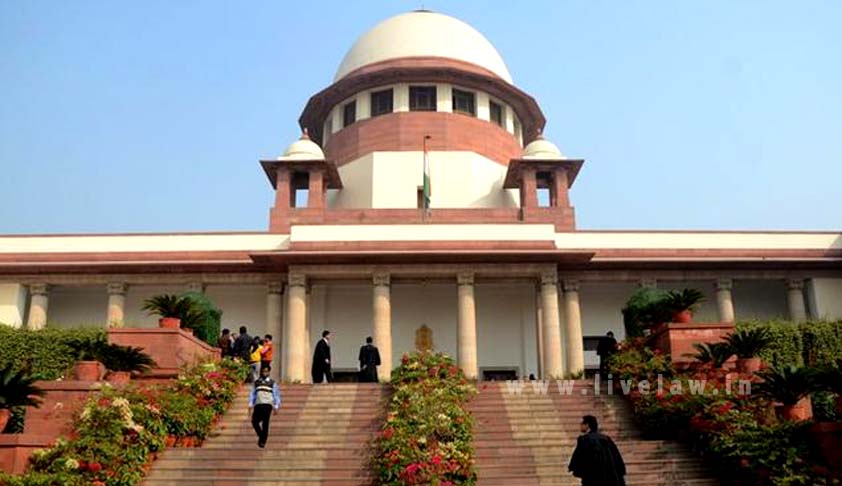SC Junks PIL For Legal Sanctity For Decree Of Divorce By Ecclesiastical Courts
Prabhati Nayak Mishra
19 Jan 2017 8:29 PM IST

Next Story
19 Jan 2017 8:29 PM IST
In a ruling that would have bearing on the issue of divorce granted by any entity other than courts recognised by the Constitution, the Supreme Court on Thursday said decrees granted by the ecclesiastical court, known among Christians as church courts, have no legal sanctity.The court clarified that personal laws could not override parliamentary legislations on specific subject and only...
